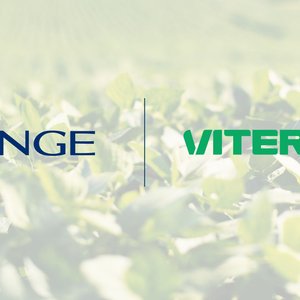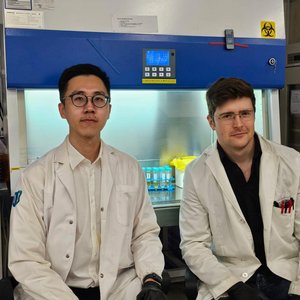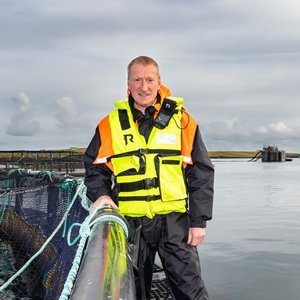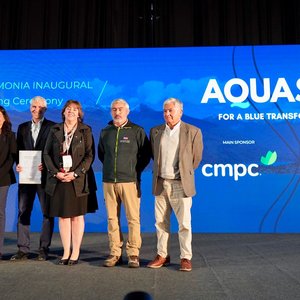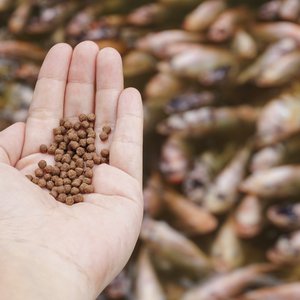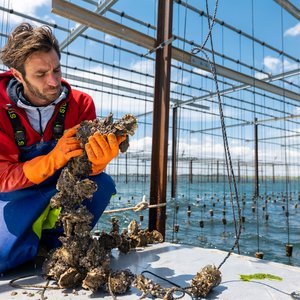The Global Aquaculture Alliance (GAA) is calling on shrimp farms in Asia and Latin America to participate in an online survey on early mortality syndrome (EMS) that will lead to recommendations for better global shrimp-farming practices.
All shrimp farms in countries affected or threatened by EMS are encouraged to take the survey at http://www.gaalliance.org/survey/ by the Sept. 15 deadline.
For convenience, the online survey forms are available in English, Mandarin, Vietnamese, Thai, Malay, Spanish and Tamil. PDF-format copies of the survey are also available to download and print in those languages, as well as Telugu.
\"Although some progress has been made in dealing with EMS, it continues to heavily affect the global aquaculture community,\" GAA President George Chamberlain said. \"GAA needs as many farms as possible to join in this survey, so we can gain greater perspective on the regional impacts of the disease, as well as the ways in which farmers are finding effective ways to combat it.\"
The online system allows users to submit individual surveys and/or enter responses for others. After initially creating an account, respondents can return to the system to review completed surveys or add new ones. Survey participants who prefer to use printed forms are asked to e-mail scanned copies to deb.landis@gaalliance.org.
\"If you haven\'t taken the survey, please do so now,\" Chamberlain said. \"And share it with other farms, too. We trust that those facilities with Internet access will be able to help enter information for neighbors who aren\'t online. As we have seen in the past, a cooperative approach can get a lot done in a short time.\"
The EMS survey is part of a case study supported primarily by Allfish, a World Bank public-private partnership organized by the International Coalition of Fisheries Associations, with additional assistance from the Seafood Industry Research Fund and C.P. Prima.



